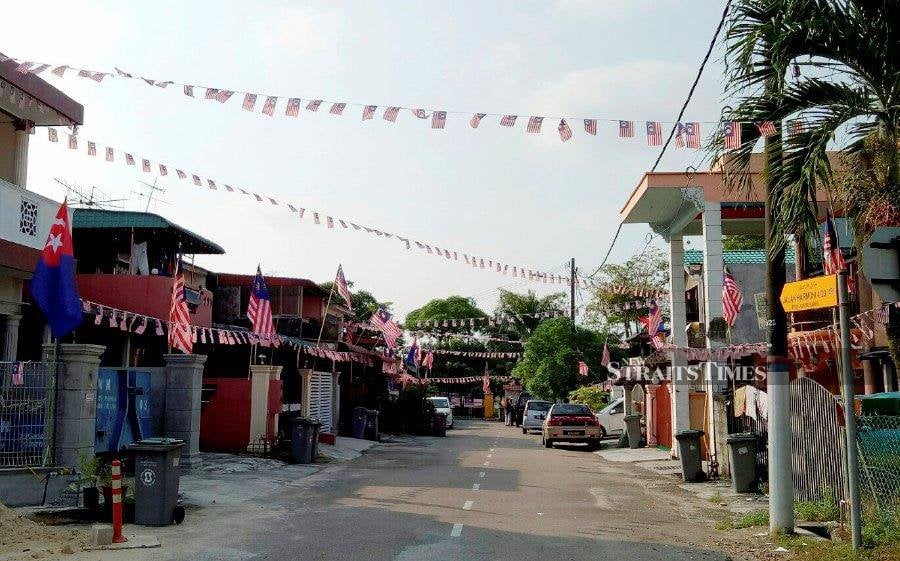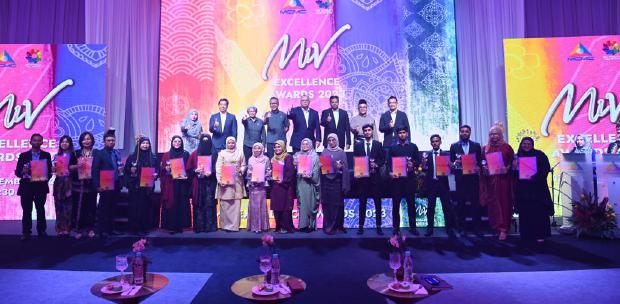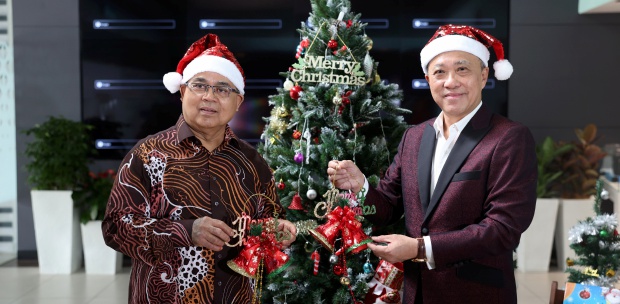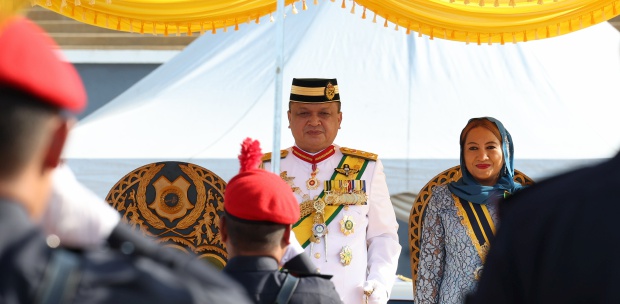THE RECENT launch of the Rukun Tetangga Leadership Empowerment Plan could be a turning point to promote active citizenship and community organizing, helping to cement the foundations of the National Unity Policy and National Unity Blueprint 2021-2030, also recently released.
Volunteerism, because at the end of the day it's what we are talking about when we plan actions to improve neighborhood as envisioned by the Rukun Tetangga Plan, is one of the best tools to bring people together, forging a sense of belonging.
After all, it is part of a continuum that starts from an informal act of self-help and can include simple acts of kindness, generosity towards others and revolves around a more formal, organized and long term commitment.
With the new plan in place, the concept of Rukun Tetangga evolved, moving from being just a neighborhood watch group that still remains a pillar, to include dimensions related to community health, community beautification focusing on cleanliness, hygiene and building upkeep.
Recently, Communications and Multimedia Minister, Datuk Saifuddin Abdullah, explained how sports also play an important role in creating a sense of community and nation.
Ways should be discussed about facilitating volunteering in sports programmes at community levels that include girls and boys, ensuring the inclusion of kids that belong to marginalized groups, for example children living with disabilities or from the orang asli communities.
All this means that the boundaries in the sector of interventions should be matched with real decision making and flexibility that would allow members of the communities to step up wherever there is a more urgent need.
In addition the plan should not just be aimed at bringing people together: social cohesion and forging a sense of common belonging would become the default results of having people serving together, working side by side for the common good.
Therefore the initiative should be promoting and enabling more community members to volunteer. Showing that it is impactful and making a difference through national campaigns can encourage more to get involved, creating a sense of excitement that can convince even the undecided ones.
In addition, it is essential that volunteers be trained to link their projects to the achievements of the Sustainable development Goals (SDGs).
Volunteerism is indeed seen as a great tool to complement local efforts by state agencies to meet the challenges that arise locally and the SDGs offer a comprehensive framework to link the dots where citizens can intervene wherever local institutions of the state cannot.
To be successful, citizens who become members of a local Rukun Tetangga must have good communication with the local line agencies. This can be tricky as the right balance between autonomy and freedom of action of the volunteers and coordination with public authorities must be somehow ensured.
Volunteering actions should not be stifled by unnecessary control and red tapes but it is important to have an open channel of communication between the volunteering groups and the local authorities. This will also help the latter remain accountable, reminding them that volunteering and community action are not substitutes for state intervention.
Ultimately the new plan will be successful if it will become a broad pillar of a wider, more holistic national volunteering strategy that Malaysia should develop.
More importantly, the fate of the plan will depend on how attractive and inclusive it will be locally.
The new plan should be able to convince those who never volunteered before that the time has come for them to step in because the right framework is in place and everybody, regardless of faith, economic status or ethnicity, should find a space to get into action.
With the government also pressing forward with ambitious digital innovation plans, the use of new technologies, among more traditional methodologies of community mobilization that remain fundamental, should also be considered especially to reach out to the youth.
The more vibes, the more real engagement and commitment from across the spectrum of the society, the more chances the Rukun Tetangga Leadership Empowerment Plan will have to succeed.
Promoting social change and cohesion through volunteerism will depend on the ownership people will feel about investing their precious time in a community endeavor. Clarity on the purpose and a no-nonsense approach will make the difference.
The author, is the Co-Founder of ENGAGE and writes on social inclusion, youth development, regional integration and the SDGs in the context of Asia Pacific






